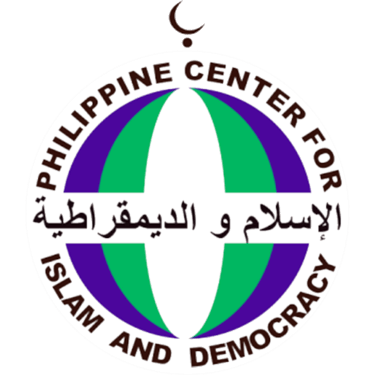NewsReligious Freedom: Rights, Trends and Opportunities (June 14, 2018)
8:00 am to 5:00 pm
4th Floor Henry Sy Sr. Hall, University of the Philippines BGC Auditorium, Taguig City




The Philippine Center for Islam and Democracy in partnership with the UP College of Law and Brigham Young University organized the 2nd Annual International Forum on Law and Religion – Religious Freedom: Rights, Trends and Opportunities last June 14, 2018 at the Henry Sy, Sr. Hall of the University of the Philippines BGC. The forum sought to continue the intellectual discourse among and between lawyers, legal scholars, human rights and rule of law advocates on issues that interface religion with governance and regulatory structures, legal norms and processes.
In his key note address, Elder Todd Christofferson emphasized that a robust freedom of religion is not merely the freedom to be left alone. Instead he stated that religious freedom is the “the freedom to live one’s religion or belief in a legal, political, social environment that is tolerant and respectful and accommodating of diverse stories.”
Atty. Salma Pir Rasul on the other hand highlighted the fact that freedom of religion is essential to the preservation of civic virtue and moral tabla necessary for a free and democratic society. “Religious freedom erects an effective shield for other individual freedoms. Such freedom protects and yields social and political diversity and these mutually supporting liberties benefit all of society. Not only religious people and institutions of law.”
As an integral and essential component of human rights, the freedom of religion continues to affect and impact the evolution and development of legal systems and laws worldwide. The influence of religion is more pronounced in the Philippines than in any other country in the Asia-Pacific region. With its predominantly Roman Catholic populace and distinctly Islamic faith antecedents, the Philippines mirrors the interplay of law and religion.
At present, the influence of the church in the public sphere may be seen in the struggle to pass critical legislation, including but not limited to the pending bills on divorce and recognition of church annulment of marriages, and the SOGIE equality. More importantly, the predominantly Christian legislature will deliberate on the Bangsamoro Basic Law, the enabling instrument for the Comprehensive Agreement on the Bangsamoro, that aims to strengthen the autonomy for the Muslims in the region.
